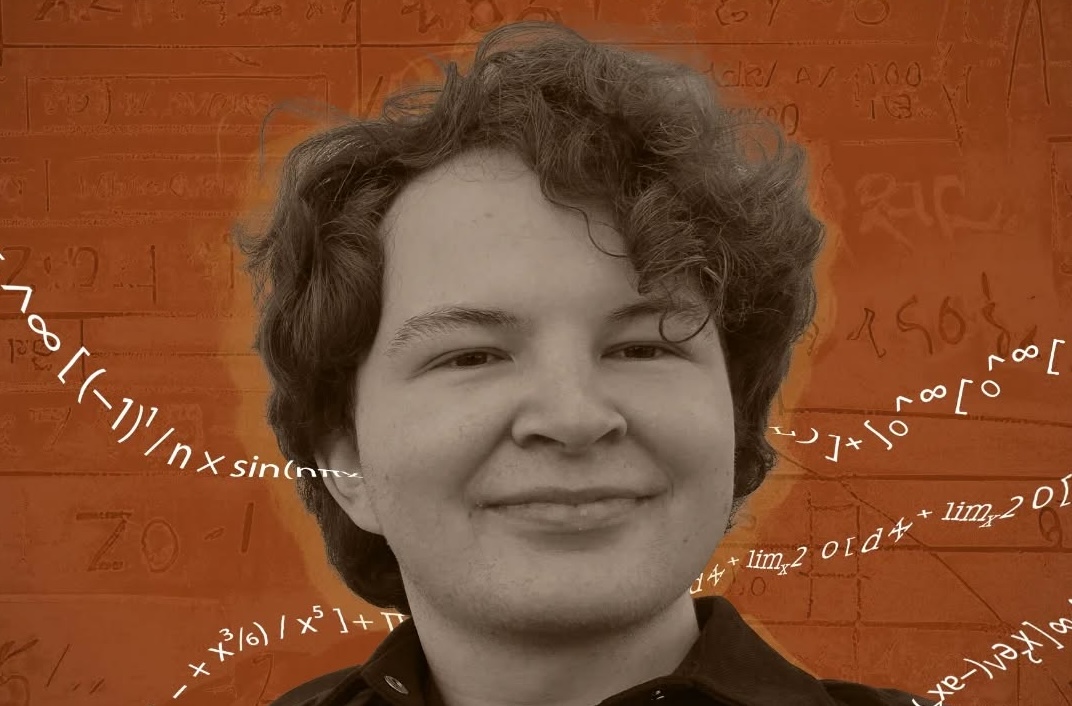A show about maths should be right in my wheelhouse – I did it for my degree, albeit that was 30 years ago. And James Arthur is a likeable person, who initially got their audience on side despite a late start and a few technical nightmares. But sometimes reviews must tell hard truths… and the hard truth is that this show is a very long way from being ready for the Fringe.
There are a couple of interesting ideas there. A story of how Arthur bonded with their dad over a shared love of ratios has geeky promise, and there’s material to be found in the startling revelation of the weird things Pythagoras really believed. But the show never develops a clarity of purpose or theme, and bears very little relation to what’s stated in the programme. Many a show has been written long after the copy deadline’s passed – but with its scattergun jokes and badly-formatted slides, this one feels too much as though it was thrown together on the train north.
Towards the end Arthur aims to share some genuine educational insight, in the form of Dantzig’s famed simplex algorithm – a good choice, since it’s an elegant mathematical rule with a nice story behind its creation. But the example they use, of getting best value from a Tesco Meal Deal, is too simple to illustrate the problem: the solution is obviously just to choose the most expensive item from each category, after excluding the ones that don’t match the rules they’ve laid down. A subtler constraint (on the total number of calories perhaps) would do more to set the scene, and the explanation also needs to be better than gesturing at a black-and-white polygon.
In fairness, I should explain that I went on the opening day, and there’d been a problem with getting equipment delivered which led to a late start. The show I saw was curtailed as a consequence – though as Arthur flicked through the slides they were skipping, I found myself questioning whether all the material would ever have fitted in. I’ve made due allowance for the improvised technology they found themselves working with, but there are more fundamental issues around lighting and prop handling which can’t be explained away.
My sincere advice to James Arthur is to go back to the beginning, and think about the audience they’re aiming for. Are they making a show for maths geeks – the kind of people who’ll appreciate a joke about imaginary numbers? Or is it, as the blurb suggests, more about telling stories which make sense in the everyday world? Either of those could work. But for now, sadly, there’s little to recommend in this confused and undercooked melange.


Comments